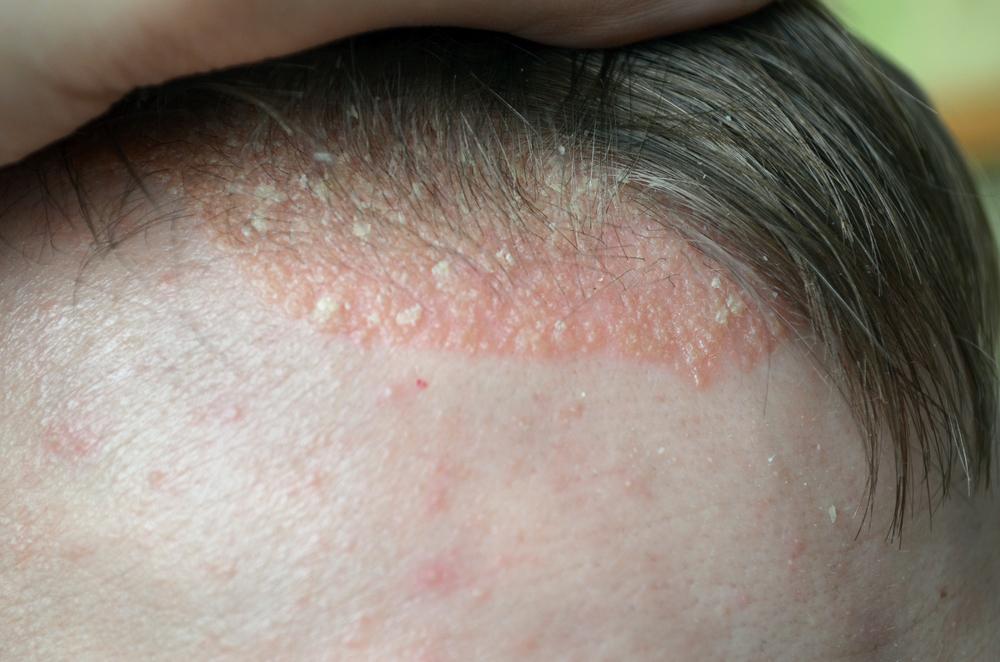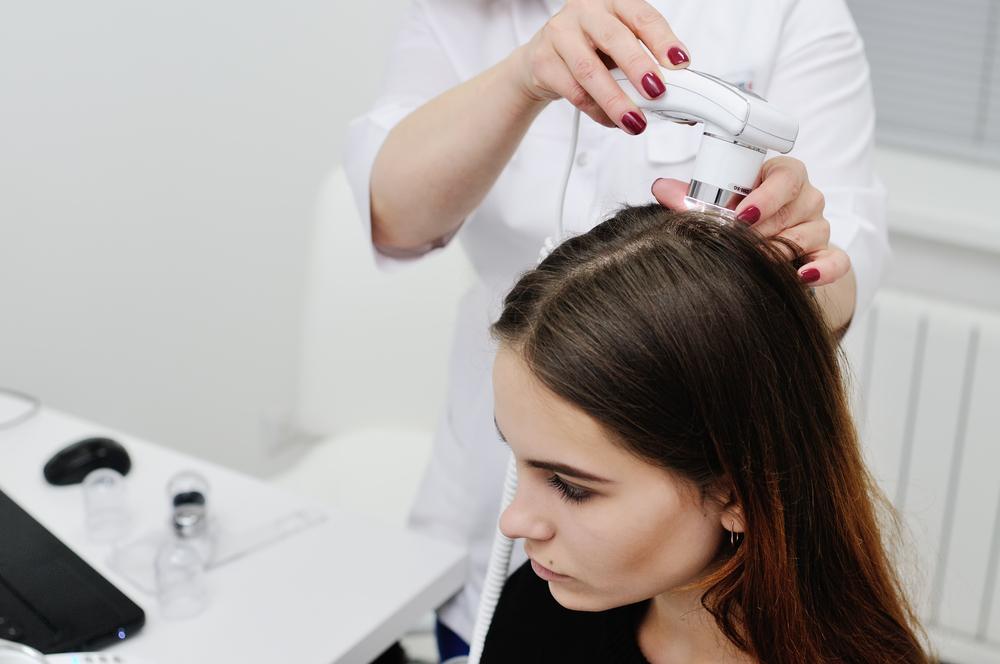Effective Strategies for Managing Scalp Psoriasis
Discover comprehensive approaches to managing scalp psoriasis, including OTC options, prescription treatments, light therapy, and lifestyle modifications. Proper diagnosis and personalized care are essential for effective relief and improved scalp health.
Sponsored

Scalp psoriasis is a common skin condition caused by immune system dysfunction, leading to rapid skin cell turnover. This results in flaky, scaly patches that range from mild redness to thick, silvery plaques. The scalp is frequently affected, accounting for up to half of all psoriasis cases.
Treating scalp psoriasis requires special attention due to hair and delicate skin. Treatment options vary based on severity and individual response. Below are some proven methods for managing this condition:
Over-the-Counter Options
Initial relief can often be achieved with OTC products such as:
Coal Tar Shampoos: This traditional remedy slows skin cell growth, alleviating itching and scaling. Higher concentrations are more effective but limited to 5% by FDA standards.
Salicylic Acid Products: Often combined with coal tar, salicylic acid helps remove dead skin and reduce buildup.
Prescription Therapies for Moderate to Severe Cases
When OTC remedies are insufficient, dermatologists may recommend topical prescription treatments including:
Anthralin: Applied daily to reduce scaling.
Calcipotriene: A vitamin D analog used overnight.
Betamethasone Dipropionate: A combination steroid and vitamin D ointment for daily use.
Tazarotene: A vitamin A-based gel, foam, or cream.
For severe cases, healthcare providers may prescribe oral or injectable medications like adalimumab (Humira).
Light Therapy
Phototherapy using controlled ultraviolet (UV) light can help reduce symptoms. Devices emitting UV light can be used at home or in clinics—consult your dermatologist for guidance.
Alternative and Lifestyle Approaches
Alongside medical treatments, lifestyle modifications enhance management:
Keeping the scalp moisturized with hydrating wraps or ice packs.
Maintaining short, clean hair for better treatment penetration.
Applying natural remedies like aloe vera gel or coconut oil to soothe the scalp.
Scalp Psoriasis in Children and Infants
Though less common, children can develop scalp psoriasis, usually mild. Treatment involves gentle shampoos and topical steroids. Severe cases may require specialized topical treatments after professional consultation.
Controlling Scalp Psoriasis
Management combines medications with healthy lifestyle choices, including exercise, diet, and stress reduction. Regular dermatologist support ensures tailored treatment and better outcomes.






